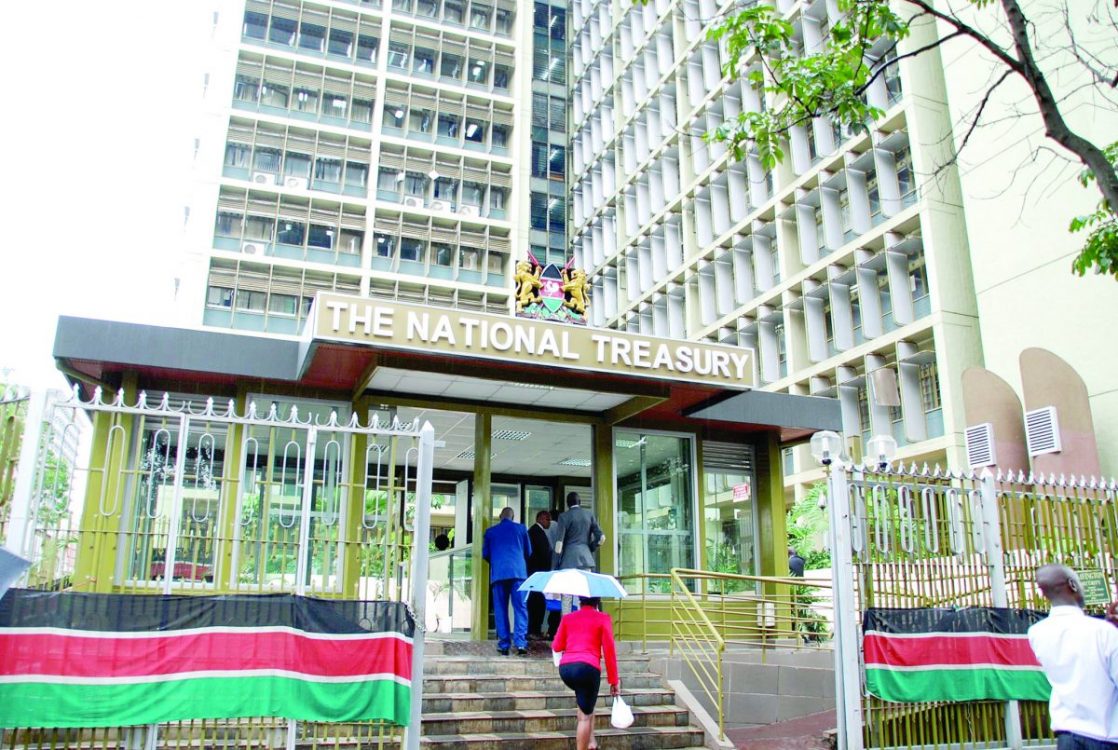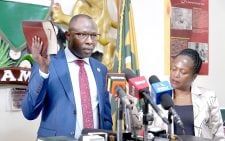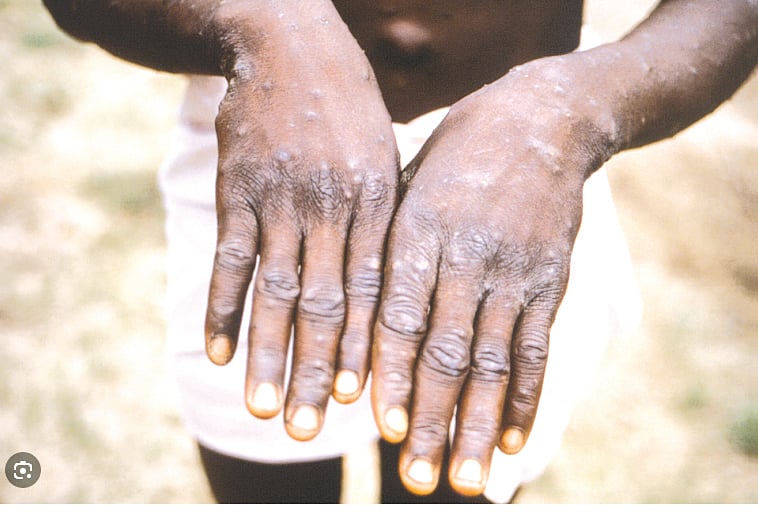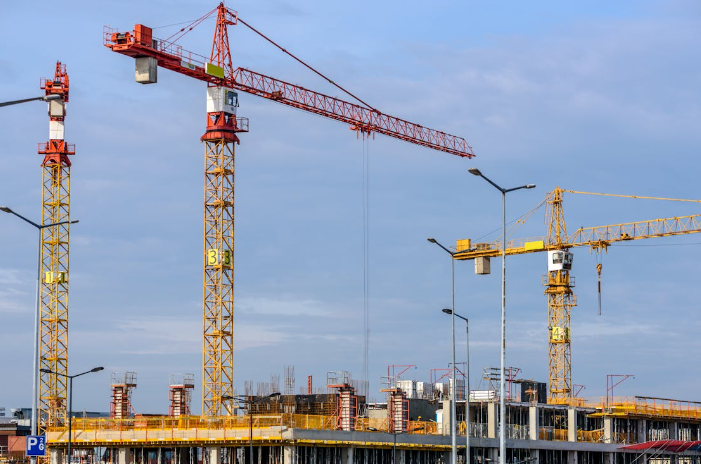Kenyans to face more pain as experts warn of looming recession

Kenya is rolling into a possible recession that could be twice as bad as previously expected, says Economic forecasters at Institute of Public Finance (IPF).
The economic consultancy considers Kenya Revenue Authority’s (KRA) inability to raise enough money through taxes, despite hiked taxes, as some of the concerns that informed analysts to conclude things may be worse than anticipated.
Kenyans should therefore brace for a likely recession since the government has not been able to implement austerity measures amid a worsening global fiscal situation.
Budget allocations
The think tank noted that the William Ruto – led administration’s decision to reduce budget allocations to high-impact sectors like agriculture and social protection that have the potential to support inclusive growth, may also work against him.
James Muraguri, IPF chief executive said the mismatch between the promises made by the government to the poor millions of Kenyans compared to the budgetary allocation to the priority areas is a cause for worry given the current economic hardships.
“Our review of the current budget proposals reveals serious gaps between the government’s need to consolidate its fiscal agenda as well as drive economic stability. From our analysis, there seems to be a misalignment or less prioritisation of critical sectors of high impact,” he noted.
National Treasury Budget proposals show that the government is seeking to spend over Sh3.6 trillion, a budget that is expected to support inclusive economic growth, restore consumer confidence through price stabilisation, mobilise revenues, rationalise expenditures, and ultimately reduce the fiscal deficit.
The work ahead, according to him, will now be to address the “how to balance between expenditure cuts and debt servicing, and the protection of the poor and vulnerable.”
The inability of KRA to meet its revenue collection targets remains a worry, given the country’s huge debt obligations. The downgrade by IPF is at odds with Tuesday’s pronouncements by President Ruto who said the country will avoid any attempt to borrow externally to pay its civil servants whose March remuneration is due, amid rising protests and strike threats from union groups.
Kenya spends at least 65 per cent of all revenues generated by the KRA on national revenue while over $420million is spent on salaries and remunerations. This comes even as the World Bank and the International Monetary Fund separately warned of a new debt crisis by numerous Sub Saharan Africa countries.












